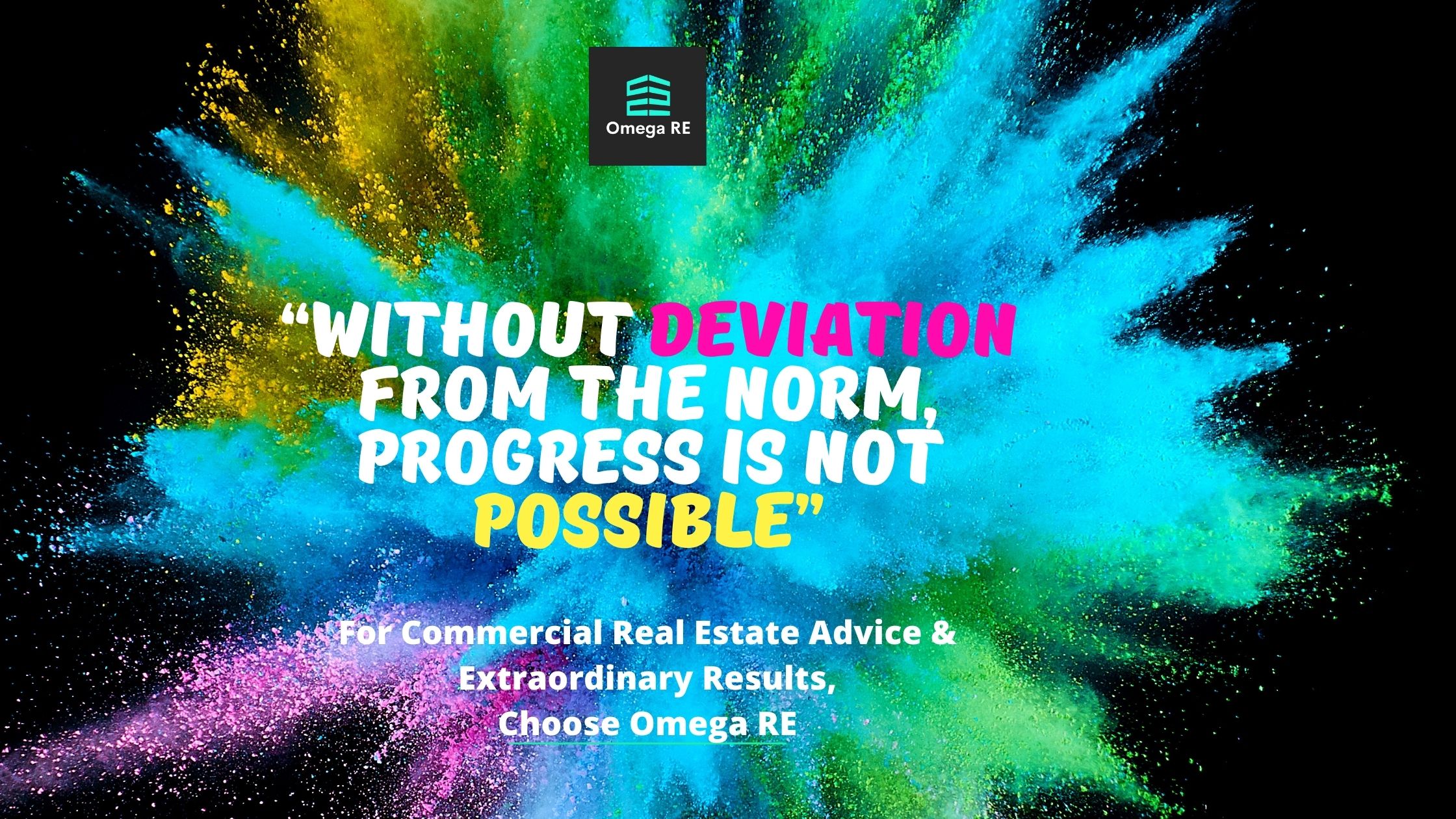

Omega RE

Hampshire, United Kingdom
December 2023
Other professional, scientific & tech
Service with Minor Environmental Footprint
United Kingdom
Omega RE is commercial property advisory firm based on the South Coast. Providing expert advice to Landlords, Occupiers in the industrial, office and retail markets. Omega RE is always thinking ‘Outside the Box’ in our advice to clients and the way we do business. We don’t settle for mediocre, we challenge the norm and are dedicated to finding solutions that is best for our clients. We are a people business, based on strong relationships and partnerships, and we offer a personal level of service. As the market evolves, we will too adapt to be successful and want the same for our clients. We are committed to finding innovative ways of marketing and how to do things more efficiently. We will never stagnate. We are disciplined in everything we do, we take time to understand the situation and set a bespoke strategy for each client. Not one size fits all. We do not cut corners or take short cuts and our integrity is undisputed. Providing clients’ a hands on approach to finding the perfect property; office, industrial, warehouse or retail space to meet business needs and negotiating the best commercial lease terms, is what we do best. We come to work because we’re passionate about providing expert, innovative, independent advice to clients. We want to help businesse
Overall B Impact Score
Governance 17.3
Governance evaluates a company's overall mission, engagement around its social/environmental impact, ethics, and transparency. This section also evaluates the ability of a company to protect their mission and formally consider stakeholders in decision making through their corporate structure (e.g. benefit corporation) or corporate governing documents.
What is this? A company with an Impact Business Model is intentionally designed to create a specific positive outcome for one of its stakeholders - such as workers, community, environment, or customers.
Workers 34.6
Workers evaluates a company’s contributions to its employees’ financial security, health & safety, wellness, career development, and engagement & satisfaction. In addition, this section recognizes business models designed to benefit workers, such as companies that are at least 40% owned by non-executive employees and those that have workforce development programs to support individuals with barriers to employment.
Community 28.1
Community evaluates a company’s engagement with and impact on the communities in which it operates, hires from, and sources from. Topics include diversity, equity & inclusion, economic impact, civic engagement, charitable giving, and supply chain management. In addition, this section recognizes business models that are designed to address specific community-oriented problems, such as poverty alleviation through fair trade sourcing or distribution via microenterprises, producer cooperative models, locally focused economic development, and formal charitable giving commitments.
What is this? A company with an Impact Business Model is intentionally designed to create a specific positive outcome for one of its stakeholders - such as workers, community, environment, or customers.
Environment 3.3
Environment evaluates a company’s overall environmental management practices as well as its impact on the air, climate, water, land, and biodiversity. This includes the direct impact of a company’s operations and, when applicable its supply chain and distribution channels. This section also recognizes companies with environmentally innovative production processes and those that sell products or services that have a positive environmental impact. Some examples might include products and services that create renewable energy, reduce consumption or waste, conserve land or wildlife, provide less toxic alternatives to the market, or educate people about environmental problems.
Customers 4.0
Customers evaluates a company’s stewardship of its customers through the quality of its products and services, ethical marketing, data privacy and security, and feedback channels. In addition, this section recognizes products or services that are designed to address a particular social problem for or through its customers, such as health or educational products, arts & media products, serving underserved customers/clients, and services that improve the social impact of other businesses or organizations.